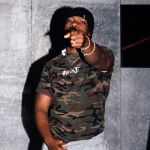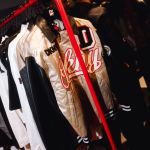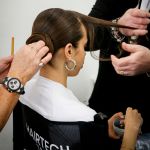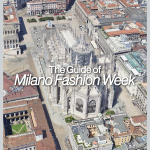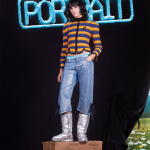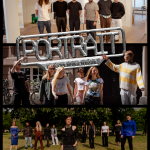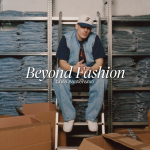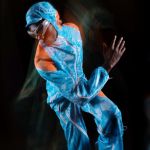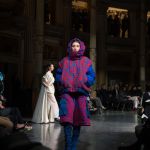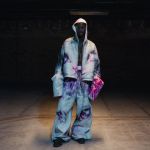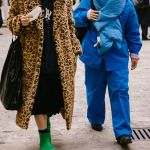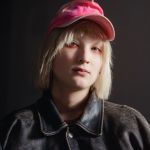
Is it fair for fashion brands to produce face masks?
This huge sector could save small and medium businesses
May 15th, 2020
nss magazine
The worldwide spread of COVID-19 has redefined our daily needs, creating a huge need for specific medical goods. For this reason, many fashion companies, from Nike to Dior, up to smaller ones like YOUTH SRL or Majotech NtMajocchi, have converted their production to make protective devices, such as masks and scrubs.
In a moment where the new guidelines in force in many countries recommend or have imposed the use of the mask in public while a vaccine for the Coronavirus still seems long to come, this item will become an important part of the wardrobe of all of us. In just a few months, brands and manufacturers saw a new and uncertain retail category emerging, one that they could focus on in the long term.
While, according to Barbara Kahn, a marketing professor at the University of Pennsylvania's Wharton School, masks are a new platform for branding everything from Disney characters to NBA sports teams, they have worked as a safe-house for small and medium businesses and may continue to be so in the future. With consumers forced to reduce their spending by discretionary measures, masks have been a way to stay in business.
This is highlighted in a long article by BoF, which shows the example of Allyson Ferguson of Los Angeles-based brand Seeker who not only was able to pay the rent thanks to the new production but even more than doubled overall sales in the month ending April 17 compared to a year earlier. Unquestionably, "the current demand may be keeping factories and fabric suppliers in business while clothing sales are down, but it could make it harder to get apparel produced once consumers start spending money again." The future of the mask industry depends on many factors that are unexpectable at the moment: how long will it take for things to return to normal? What will the new normality be like?
There is another aspect that must be considered in a possible business of masks: whether it is right to make money on an object that we are forced to wear for health reasons. It is because of the fear of suffering this accusation that almost all brands involved in the production of masks justify the sale by donating part of the proceeds to a frontline operator against the virus or to another charity linked to COVID-19.
Two examples of this buy-one, give-one strategy are the American Maskclub.com and Collina Strada. The first is a website that sells masks of brands such as Warner Bros, Batman, Hello Kitty and Emoji, and was born in a few days with the aim of supporting the hospital in Detroit with part of the proceeds; while for each mask, made with recycled materials and large bows, which is sold at the price of $ 100, the brand donates five to health care workers in New York City.
Until a few months ago, masks used to be a provocative item brought on the catwalk by fashion designers or worn by celebrities, but now, as already experienced in the East after the Saars pandemic, the item is becoming a global phenomenon and not just a health-related object.
According to the analysis company Edited, compared to March and April, there has been an increase of about 400 per cent in new arrivals of facial masks for mass retailers and in April total sales in the Etsy market almost doubled due in part to sales of facial masks, which reached about $133 million. The platform noted that if this accessory was a real segment of its offering, it would be the second-largest category on the site in terms of sales.
In addition, there are several signs that consumers are willing to spend more money on fashionable masks, especially those with extra accessories such as filters or more sophisticated design. This is confirmed by the increase in sales for masks of famous fashion brands. Fendi's 190 euro priced anti-pollution silk branded anti-pollution mask went sold-out in a few days; while the mask with arrows by Off-White, usually sold for between 50 and 100 dollars, was removed by the website of Farfetch after its ads exceeded 1,000 dollars. It's no surprise therefore that the mask created by Virgil Abloh is indicated by Lyst as the most sought-after item in the world.
Today more than ever the debate on the function and role of fashion in our life is reopening. If the global pandemic has had the effect of redefining what is indispensable and what is superfluous, it is now up to the fashion industry to find new ways to make itself useful and therefore to continue selling. Masks could be a good way to continue being part of the wardrobe of thousands of consumers, at least in the near future.













